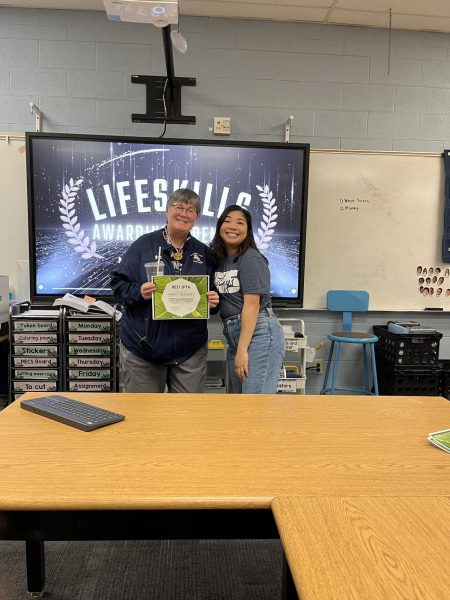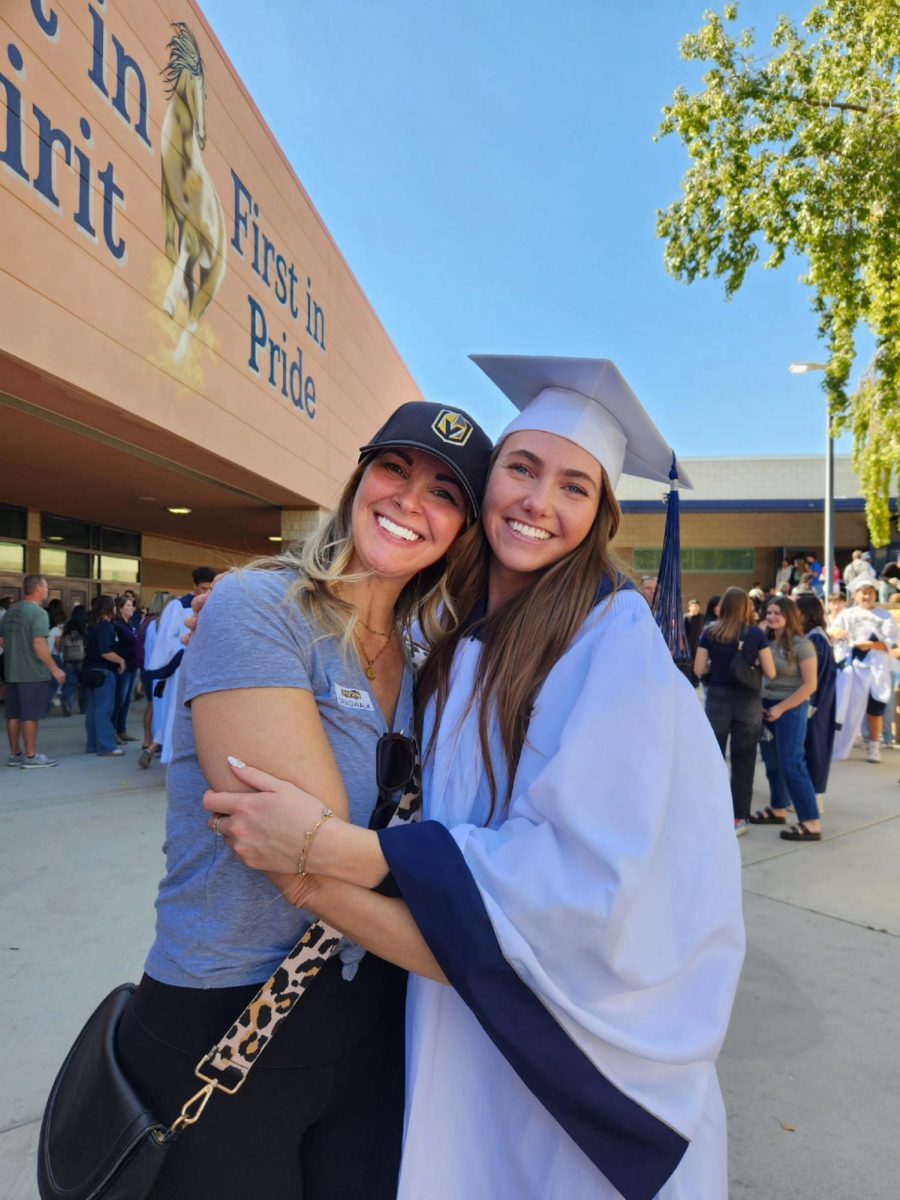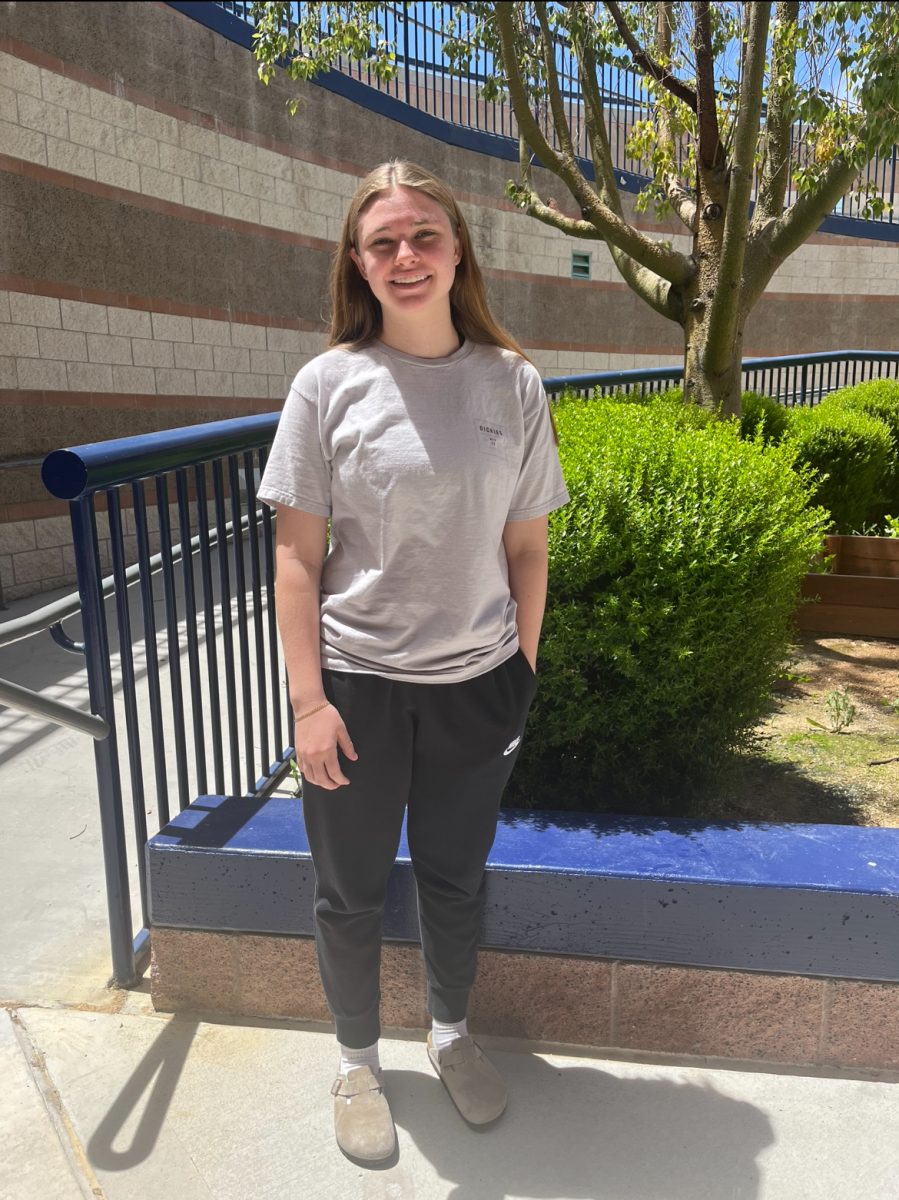Teaching special education requires a unique kind of teacher-one who brings boundless kindness, love, and patience to their work, while fostering a safe space where students can thrive and grow as individuals.
Precious Mary-Jene Nebab states, “It’s not about being the smartest person in the room-it’s about having heart and patience. When you genuinely care for your students and show understanding, they feel supported and loved, which makes a world of difference in their learning journey.”
Another essential trait for special education teachers is a genuine love for their work.

Nancy Herbert explains, “I’ve always been a caregiver. I started taking care of seniors (80+), including my mother-in-law, but after losing so many of them, I wanted to work with kids instead. When I started volunteering at my kids’ schools, I realized how much I enjoyed it. I knew I always loved taking care of people and children, so I got into special education.”
This line of work also teaches educators to value the little things in life.
Herbert continues, “Working in this program has taught me to see the good in everyone and appreciate the little victories. It’s fulfilling and I can tell that my children and family are proud of me and what I do.”
Good communication skills help foster a safe environment, as they allow parents to stay informed about what is happening in their children’s school life, strengthening the support system for the students.
Brad McKee states, “I prioritize maintaining open communication with parents through regular updates, phone calls, and meetings. I want them to feel like partners in their child’s education. I also encourage them to share insights about what works best at home so we could collaborate to support their child’s success.”
Other teachers, like Nebab, also use online apps such as Class Dojo and what she likes to call “Happy Mail” that talks about the students achievements, to keep in touch with parents and families. This approach maintains strong communication, ensuring that everyone involved in the child’s education is working together towards their success.
This job can be time consuming, but it also comes with the biggest rewards in the end that cannot be replaced.
Karen Counts explains, “Something that I love seeing that makes everything worth it is when my students understand a new concept or skill. A lot of things can be challenging for students on the spectrum, so when I see they understand and are applying their new skills to their daily life, it is very rewarding.”
Learning new things is a daily habit when teaching special education and it will show those who are in it a more beautiful world.
But for those that are still weary on pursuing a career in special education or a line of work similar, Brad McKee states, “Go for it! It’s one of the most challenging, but rewarding careers you can choose. Be prepared to learn daily, and don’t hesitate to ask for help or advice. The relationships you build with your students and their families will make all the hard work worth it. Plus, you’ll see firsthand how much of a difference you can make in someone’s life.”












